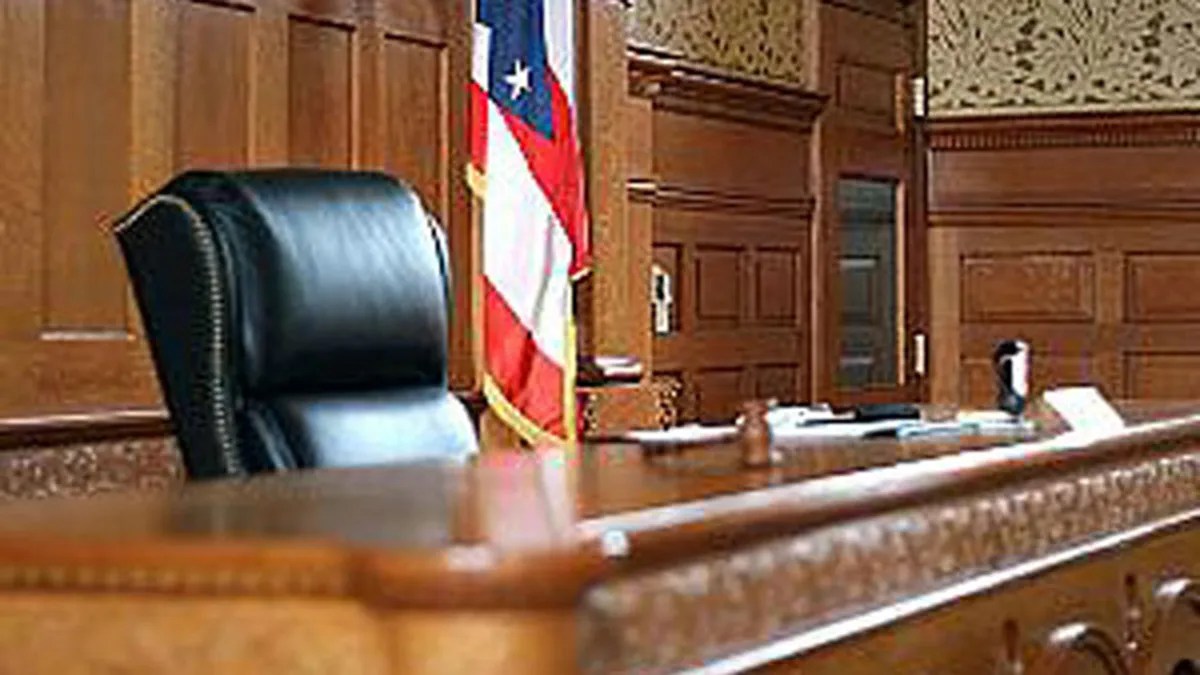A group of atheists is seeking to stop the 9/11 museum from displaying a cross-shaped steel beam found among the World Trade Center's rubble because they say it is an endorsement of Christianity, and an appeals court heard arguments in the case Thursday.
A judge last year tossed out a lawsuit on the cross, rejecting the arguments of American Atheists, which sued the National September 11 Memorial & Museum's operators in 2011 on constitutional grounds, contending that the prominent display of the cross constitutes an endorsement of Christianity, diminishing the contributions of non-Christian rescuers.
The 17-foot-tall steel beam was found by rescue workers two days after the terror attacks. It is scheduled to be displayed among 1,000 artifacts, photos, oral histories and videos in an underground museum that will also house the staircase workers used to escape the towers as well as portraits of the nearly 3,000 victims and oral histories of Sept. 11. The museum is still under construction and scheduled to open this year.
Edwin F. Kagin, a lawyer for the atheists group, said the cross "violates the First Amendment because atheists are not represented equally."
Joe Daniels, 9/11 memorial and museum president and CEO, said in a statement that the cross is historically significant and meaningful to the story of 9/11.
"It belongs at this site, in the 9/11 Memorial Museum, and nowhere else,'' Daniels said. "The cross embodies the story of the herculean efforts of the men and women who were on the front lines during the nine-month recovery effort after the 9/11 attacks on this country."
The judge last year wrote that the cross and its accompanying panels of text "helps demonstrate how those at ground zero coped with the devastation they witnessed during the rescue and recovery effort." She called its purpose "historical and secular" and noted that it will be housed at the museum in the "Finding Meaning at Ground Zero" section with placards explaining its meaning and the reason for its inclusion. It also will be surrounded by secular artifacts.
Local
"No reasonable observer would view the artifact as endorsing Christianity," the judge said. She added that the museum's creators "have not advanced religion impermissibly, and the cross does not create excessive entanglement between the state and religion." She said the plaintiffs also failed to allege any form of intentional discrimination or cite any adverse or unequal treatment on the basis of their religious beliefs.



